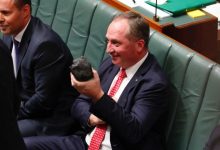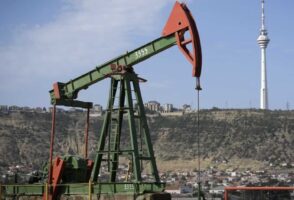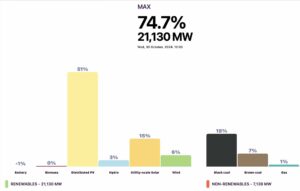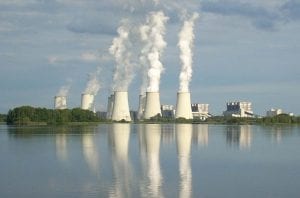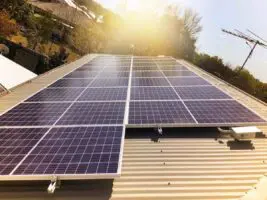Serious rifts within the Nationals party are already starting to show, following the return of Barnaby Joyce as leader of the federal Nationals, with at least one state chapter already considering severing itself from a national leadership antagonistic towards action on climate change.
The Nationals in Joyce’s camp see backing the resources sector as the key to their electoral prospects – choosing to advocate for an expansion of the mining sector, including a bigger coal and gas industry over their traditional constituency of farmers.
For Joyce’s backers, it is about reinforcing their vote in resources-rich states like Queensland and Western Australia that the broader Morrison government sees as key as necessary to keeping the Labor opposition out of government. Joyce’s offsider, former resources minister Matt Canavan, conceded as much in a podcast interview with the Guardian.
“About five per cent of our voters are farmers. It’s about two per cent of the overall population. So 95 per cent of our voters don’t farm, aren’t farmers or don’t own farmland,” Canavan told the Guardian.
This stat belies the fact, and data produced by the Australian Bureau of Statistics, that more Australians are employed in agriculture than currently work in the resources sector.
It also sees the Nationals party alienate itself from the agricultural sector’s most prominent lobby group, the National Farmers Federation, which has openly embraced calls for Australia to adopt a zero net emissions target by 2050.
While Joyce and Canavan may think it will work on a federal level to abandon farmers for the resources sector, some state chapters of the National party are already beginning to realise that this stance is a threat to their ability to attract and maintain support from younger rural voters.
Such is the perceived threat of a Barnaby Joyce lead Nationals at a federal level that Victorian state Nationals leader Peter Walsh moved a motion at a recent party conference to formally disaffiliate the Victorian Nationals from its federal parent.
The motion was ultimately unsuccessful, but Walsh used it as an opportunity to criticise the backwards stance of Joyce when it comes to climate change and acknowledging the impact that predicted increases in the frequency of drought, bushfires, and extreme weather events are going to have on farming communities.
“Every time some of those New South Welshmen and Queenslanders open their mouths, they do our brand harm,” Walsh said. “I want to see the Victorian Nationals’ brand very much differentiated from the federal Nationals’ brand.”
“The loudest screaming is not the way to achieve the best outcome. Although coal will be in the energy mix in the immediate future, there will be transitions with new technology that will evolve to provide our energy into the future.
“People who, particularly, watch Sky News see the likes of Matt Canavan and his anti-climate change, anti-energy technology stance. People perceive that as The Nationals’ views, which is not the case from a Victorian point of view,” Walsh added.
While a strong pro-mining stance may help the Nationals win and retain seats in resource-rich states like Queensland and Western Australia – it has already seen the party surrender seats to independents and smaller parties willing to take more farmer-focused policy positions. In some cases, the Nationals have even lost seats to the Greens over anti-fracking campaigns.
In Victoria, it is a simple question of mathematics. The Nationals have seen their representation in the state parliament’s lower house fall from ten seats won at the 2010 election to just six seats held at the 2018 election. During that time, the Victorian Nationals have lost three seats to independent candidates. A fourth seat was lost through a process of seat redistributions.
In New South Wales, the state Nationals party has likewise seen their lower house representation slashed, falling from the 18 seats won at the 2011 state election to just 13 held at the 2019 election. Of the five seats lost by the Nationals over that period, three were picked up by the Shooters, Fishers and Farmers party and a fourth – the Northern Rivers seat of Ballina – was lost to the Greens.
The Nationals currently have no state representation in either of the South Australian or Tasmanian parliaments.
While it is yet to be seen how the return of Joyce will impact the National party’s support at a federal level, former minister for veteran’s affairs Darren Chester, who was dumped from the portfolio by Joyce, warned Australians to brace for “incoherence”.
“The conversation I had with Barnaby was so incoherent yesterday. I couldn’t actually explain what he was even saying to me,” Chester said following the phone call from Joyce, during which Chester was sacked as a minister.
“People of Australia, brace yourself. There will be more conversations like that.”

